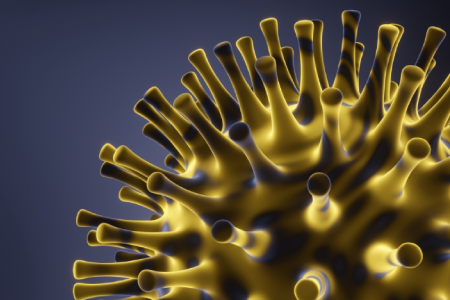
Fact Check
Did you know that immunotherapy has been shown to be effective in treating several types of cancer, including lung cancer, melanoma, bladder cancer, and kidney cancer?
Side Effects:
It’s important to note that immunotherapy can have fewer side effects compared to traditional cancer treatments. However, these side effects are generally temporary and can be managed with medication and other treatments. Your doctor or cancer specialist will provide you with more information about the potential side effects of your treatment and how they can be managed.
Fatigue, fever & Flu like symtoms

Skin rashes

Inflammation of the lungs & colon

Positive Note

At our cancer center, we prioritize personalized care and work with each patient to create a treatment plan tailored to their individual needs. Our experienced team will be with you every step of the way, offering support and guidance to help you through your cancer journey.
Emotional & Mental Needs

Cancer can take a toll on a person’s mental and emotional well-being. Our team of oncology social workers and counselors are available to provide emotional support and guidance to help you manage the emotional aspects of cancer.
What Can I do to help myself?

Taking care of yourself

eating a healthy diet

getting regular exercise

getting adequate sleep & res and staying hydrated can help support your immune system

improve your overall health during immunotherapy treatment.
After Treatment | After Care
After your immunotherapy treatment, our team will continue to monitor your health and provide ongoing support to ensure that you maintain good health and well-being.
Get a Screening/Second Opinion from us
If you or a loved one is considering immunotherapy as a cancer treatment option, our team of experts is here to help. Contact us to schedule a consultation and learn more about our comprehensive cancer care services.
FAQ
Immuno procedure and care plan
Immunotherapy has been shown to be effective in treating several types of cancer, including lung cancer, melanoma, bladder cancer, and kidney cancer.
Immunotherapy works by boosting the body’s natural defenses to fight cancer cells, while traditional cancer treatments like chemotherapy and radiation therapy work by killing cancer cells directly.
Common side effects of immunotherapy include fatigue, fever, and flu-like symptoms, rashes, et . However, these side effects can be managed and are usually temporary.
Monoclonal antibodies: These are laboratory-made substances that mimic the immune system’s ability to fight off harmful substances. They can be used to boost the immune system’s ability to fight cancer.
Cytokines: These are substances made by the body that help regulate the immune system. They can be used to boost the immune system’s ability to fight cancer.
- Targeted treatment: Immunotherapy is a targeted treatment that specifically targets cancer cells, which reduces the risk of harm to healthy cells.
- Long-lasting response: Some patients who respond to immunotherapy continue to have a response for a long time after treatment.
Immunotherapy can be administered in several ways, including:
- Checkpoint inhibitors: These drugs help the immune system recognize and attack cancer cells by blocking certain proteins on the surface of cancer cells.
- T-cell therapy: This type of immunotherapy involves removing T-cells (a type of white blood cell) from the patient’s blood, genetically modifying them in the lab to attack cancer cells, and then infusing them back into the patient’s bloodstream.
- Cancer vaccines: These are used to prevent the development of certain types of cancer or to treat early-stage cancer by training the immune system to recognize and attack cancer cells.











 +91 44 4200 4200
+91 44 4200 4200 
